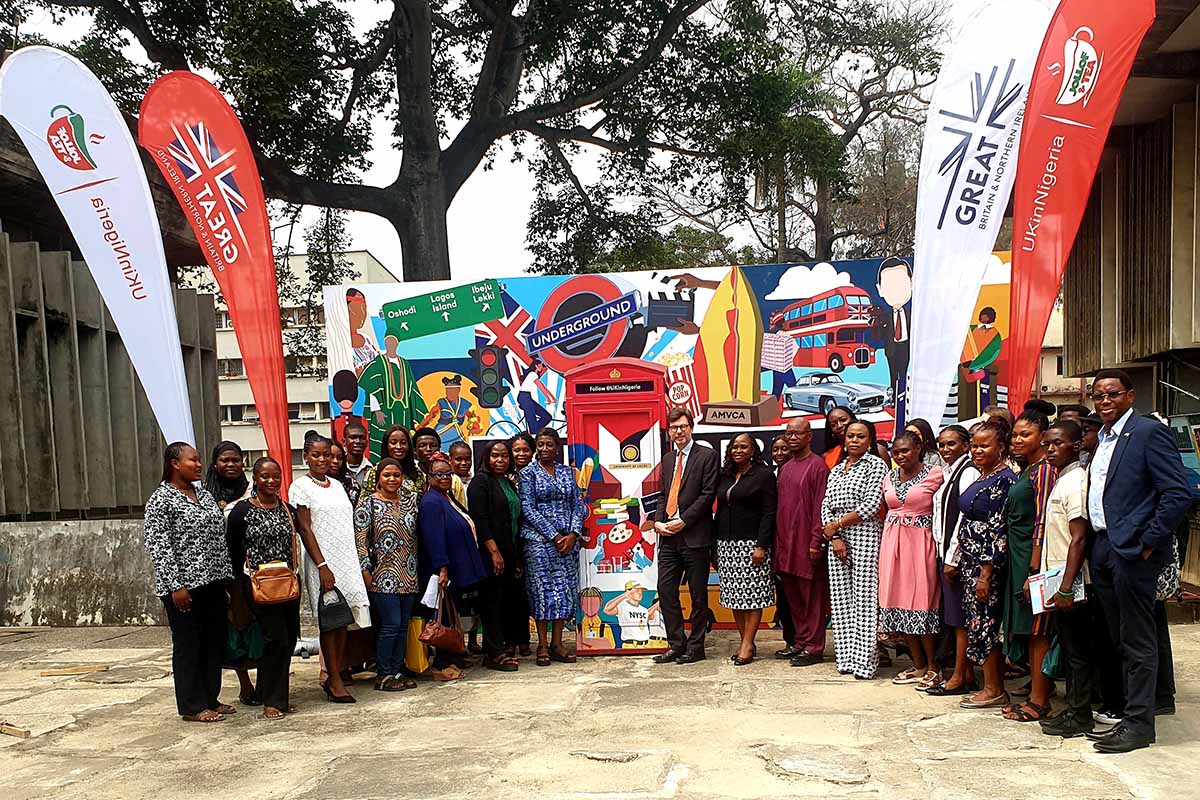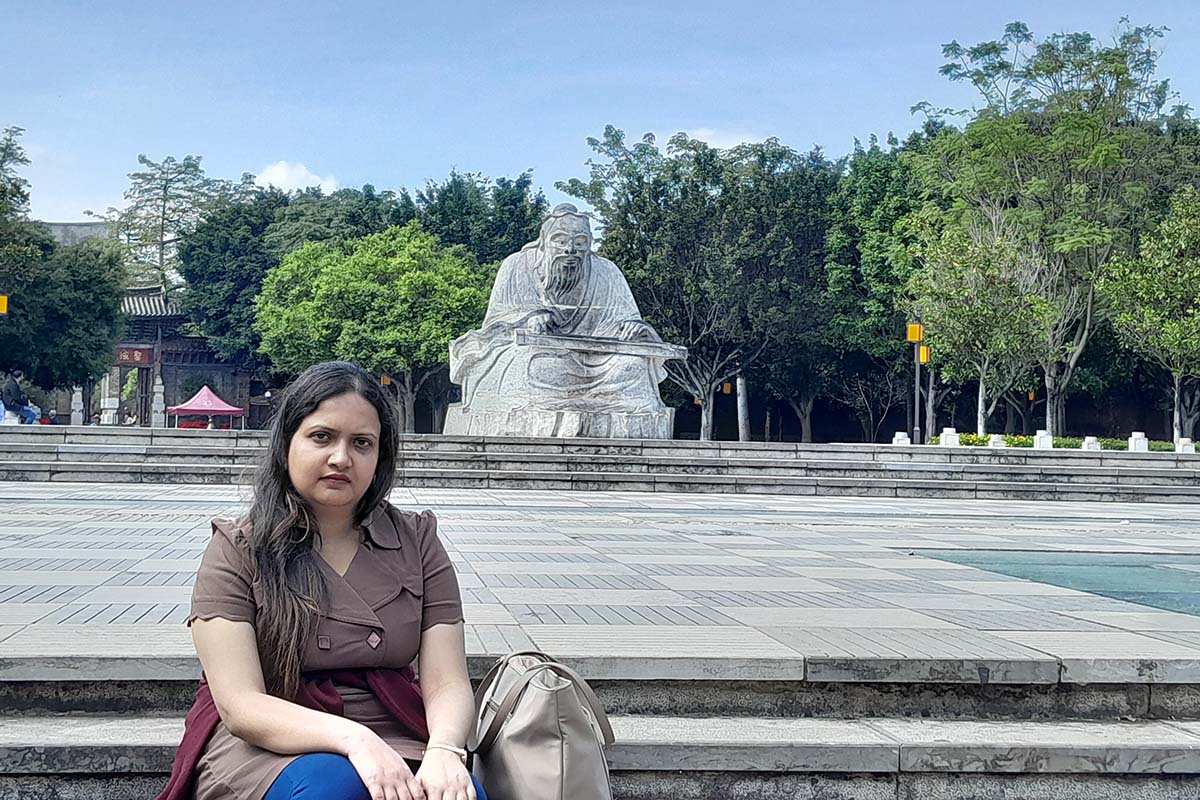Leveraging UK-Nigeria Educational Partnerships for Economic Growth
February 23by Lilian Efobi
The continuous building of educational partnerships that transcend cultural and geographical boundaries between the United Kingdom (UK) and Nigeria led to Jollof and Tea discussion between both countries at the University of Lagos (UNILAG) on Thursday, January 23, 2025.
The discussion featured a distinguished panel of speakers, including UNILAG’s Deputy Vice-Chancellor (Development Services), Professor Ayodele V. Atsenuwa; Vice-Chair for Africa at ICC World Chamber Federation, Honourable Toki Mabogunje; Head of Higher Education, British Council, Daniel Emenahor; and Head of Communications at the British High Commission in Nigeria, Aseosa Sharon Uwagboe who directed the flow of the conversation.
This relationship between the UK and Nigeria spans decades with great potential and success stories of economic growth, cultural exchange, and educational development.
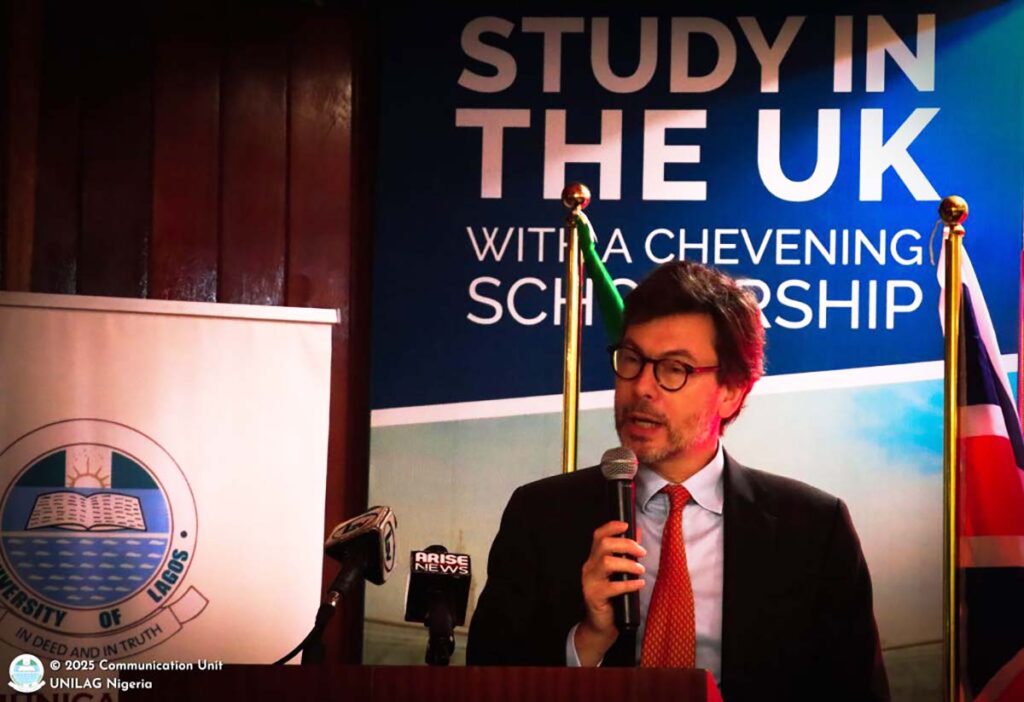
Some of these benefits range from capacity building for the educational sector through a skilled and knowledgeable workforce, which in turn drives innovation in research, economic growth, productivity, and efficiency across all sectors. The exchange of students and academia who undergo world class educational programs in UK institutions, enables knowledge transfer, skills, and expertise between both countries. The partnership between both countries also drives innovation and entrepreneurship through job creation, curriculum development, business development and opportunities for entrepreneurs. The cultural exchange between both countries might seem least important but this has helped in bridging cultural barriers and building respect, understanding, diplomacy, and trade between both countries.
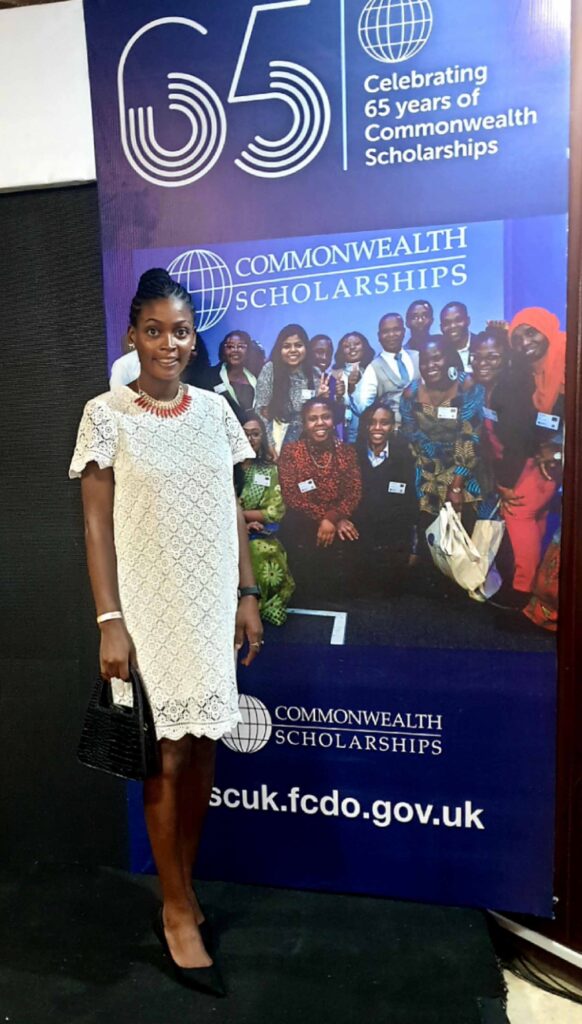
The British Deputy High Commissioner, Lagos, Nigeria, Mr. Jonny Baxter noted how education has been pivotal to the relationship between the United Kingdom (UK) and Nigeria. He encouraged participants to enjoy the process of studying, exploring and enriching their experiences, as the world of work is far different from that of studying. He acknowledged that “education should be a global exchange,” particularly as artificial intelligence (AI) is fast becoming the new normal and thus there is a critical need for the right kind of data, inclusive of diverse cultural nuances, to be placed behind it.
Speaking on the numerous positive economic impacts both Nigeria and UK have derived from educational partnerships, he intimated to the gathering how countless Nigerians have chosen the UK as their preferred destination for foreign postgraduate education. He disclosed that these Nigerians take with them into the United Kingdom, their different skills and culture, further enriching the culture in their respective environments.
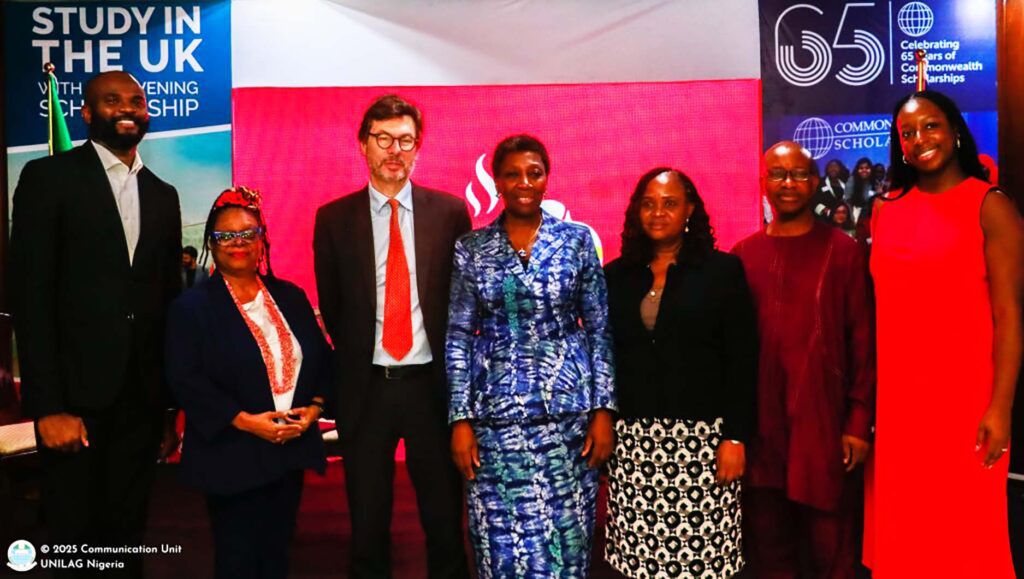
From this partnership, has emanated several success stories of individual academic attainments in the UK funded by UK government-funded scholarship bodies such as Chevening, Commonwealth scholarships, The Great scholarship, and the UK-Nigeria Research partnerships. The Chevening scholarship program has funded over 1500 Nigerians to study in the UK since 1983 while the Commonwealth scholarships program has enabled over 3,400 Nigerian scholars to study in the UK since 1959. These scholars have made great contributions upon completion of their studies to Nigeria’s development in diverse fields, driving innovation and economic growth.
This partnership is not devoid of a major flaw which has been a huge cause of concern both the Nigerian government and the UK government — Brain Drain. This is because many scholars upon completion of their studies fail to return to Nigeria to give back to the country, thereby depriving Nigeria of the acquired skills and expertise. To tackle brain drain in Nigeria, the government can put in place, the following: an enabling society with better welfare packages, improved working conditions with advanced technologies and infrastructure, increased funding to the health sector, equity in salary payment, increased living standards with better housing, quality education, and legal and social reform. Vices such as nepotism, corruption, tribalism, quota system and more fuels brain drain. This should be discouraged!
No doubt, the pros of this partnership outweigh the cons, and with Nigeria utilizing this partnership effectively, she can develop a skilled and knowledgeable workforce, effective curriculum for the educational sector, translation of research ideas into entrepreneurship, institutional strengthening, strengthen her cultural heritage, provide incentives for scholars to reduce brain drain, drive innovation, trade and entrepreneurship for sustainable economic growth and development.
